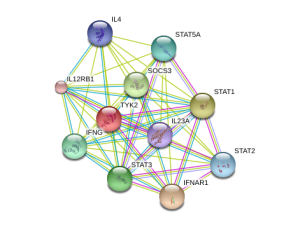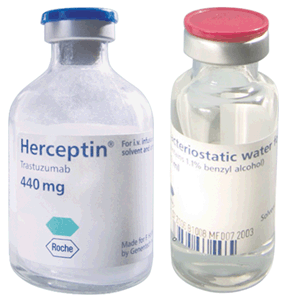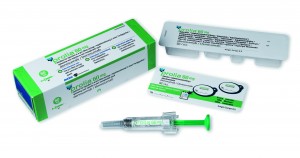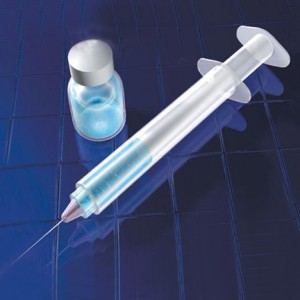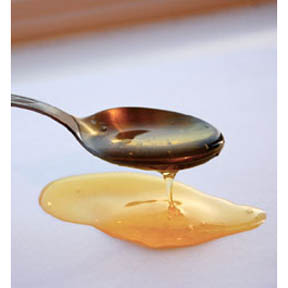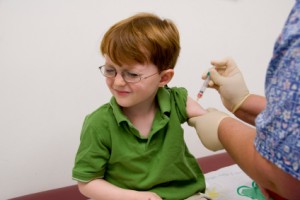 The federal government is recommending that boys get vaccinated against HPV– but may find the virus’ connection to gay men and anal cancer a tough selling point.
The federal government is recommending that boys get vaccinated against HPV– but may find the virus’ connection to gay men and anal cancer a tough selling point.
On Tuesday, a Centers for Disease Control panel recommended that boys ages 9-11 be vaccinated against human papilloma virus (HPV). The CDC already recommends girls be vaccinated against HPV.
HPV can cause girls to get cervical cancer later in life; 15,000 new cases are reported annually. The CDC said that 7,000 men in the U.S. get anal cancer every year.
“Some parents may say, ‘Why are you vaccinating my son against anal cancer? He’s not gay!'” Dr. Ranit Mishori told the Associated Press.
Heterosexual boys who get the HPV vaccine will also avoid transmitting HPV to women, thereby creating what is called “herd immunity.”



